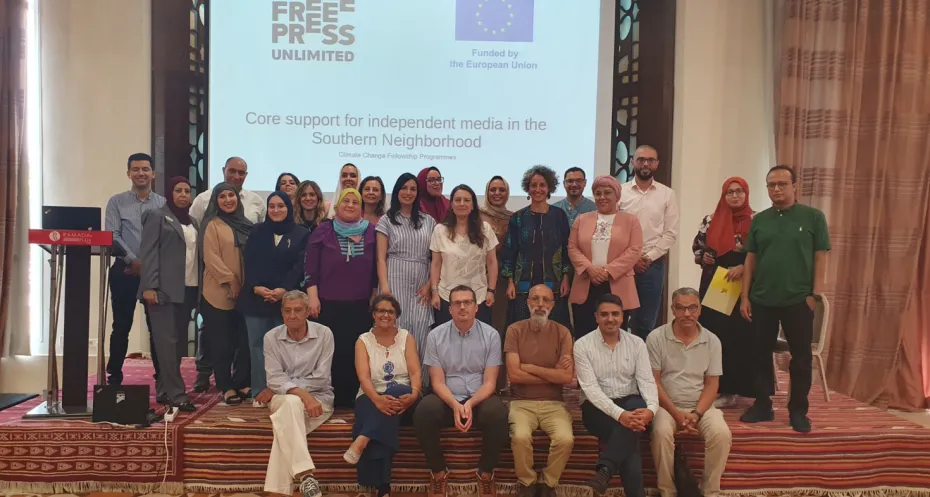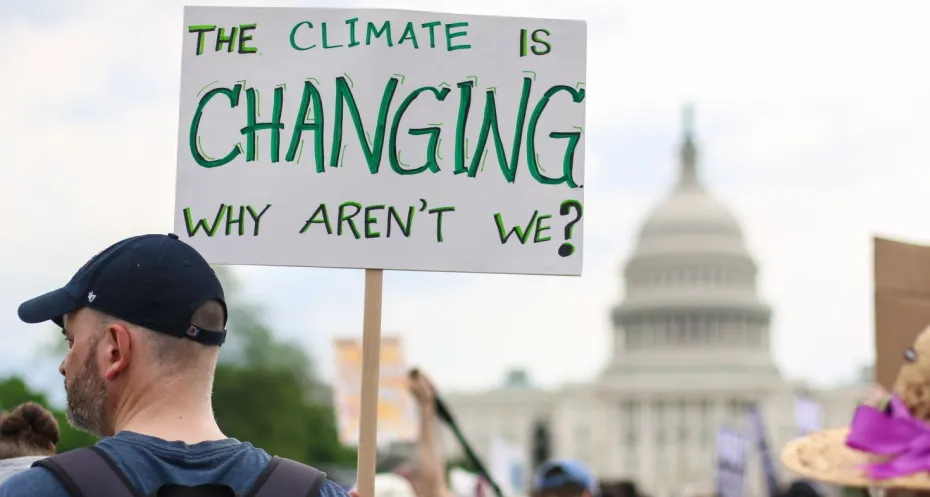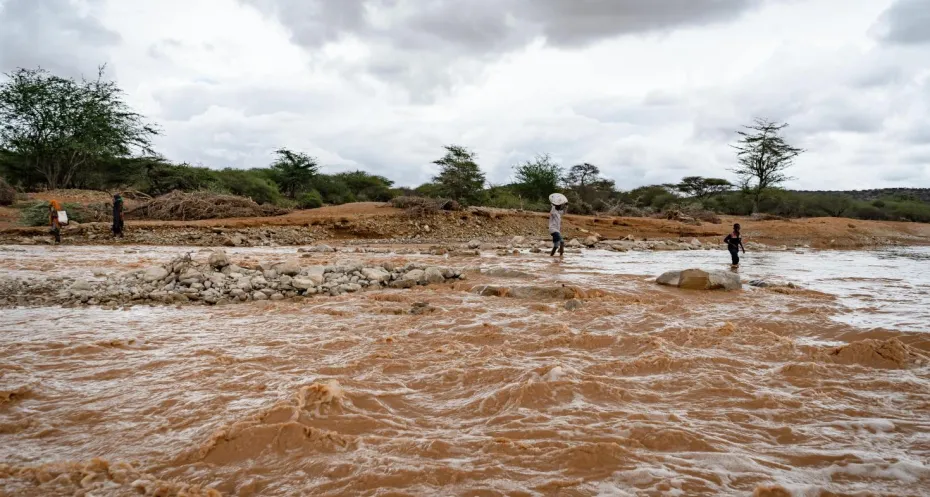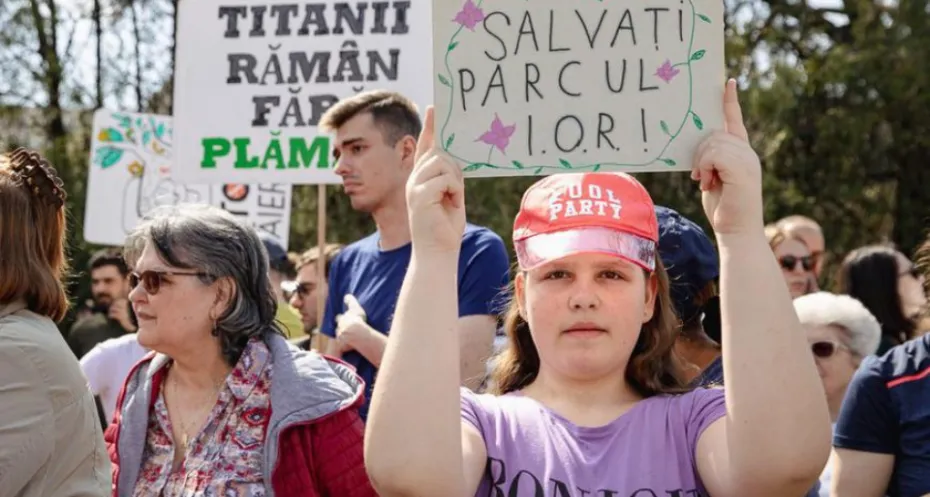Supporting solution based climate reporting in the Southern Neighbourhood

Free Press Unlimited conducted two Climate Change Fellowship Programmes in the Southern Neighbourhood which enabled 19 journalists to inform their audience by creating stories that go beyond highlighting the problem and come with constructive solutions.
Climate change is among the biggest challenges the world faces today. Reliable and thorough reporting on this topic is therefore vital. Many countries in the Southern Neighbourhood feel the impact of climate change, for example in the form of longer droughts and extreme heat. This is why Free Press Unlimited wants to support reporting within the region on the impact of climate change, with a focus on solutions.
The two fellowship programmes covered the following two topics specifically:
- How are young people mobilising for climate action?
- Innovative methods for green economy and energy transition in response to climate change.
These three publications were created with the support of this fellowship programme:
Dina Hassan: Wheat farmers face climate change. How has climate-smart agriculture saved them?
Workshop in Tunis
To close this programme, Free Press Unlimited organised a workshop in Tunis in July 2024 where climate change experts were invited to share knowledge on and experiences with environmental issues in the MENA region. The 19 journalists had the opportunity to pitch their story and to exchange best practices with each other.
Focusing on solutions rather than the problem
The overall aim of the programme was to highlight practical solutions to the climate change crisis - whether they're government policies, community initiatives or technological innovations. Each production highlighted creative and innovative approaches to improving water management, waste management, the use of innovative methods to combat the effects of climate change, and youth initiatives to adapt to climate change.
“The green economy in Egypt is an issue of water and food security,” according to Dina Hassan, Egyptian journalist, who presented a new approach for farmers based on the use of smart technology to irrigate small plots of land to produce more wheat at lower cost. She continues: “Smart irrigation is based on frequently updated weather information shared with farmers via the Internet, leading to rationale use of resources. Researching and spreading this type of information is something we as journalists can do to help solve problems coming from climate change.”
Exchanging findings and recommendations
Tunisian journalist Tebra Chibani presented her article: “The fertiliser produced by flies after recycling organic waste: a solution to adapt to the drought in southern Tunisia.” She said: “Experiences have also proven the effectiveness of this solution in promoting a green economy, but more work is needed to develop it, especially at the level of scientific research.” Some recommendations were put forward and discussed among the participants, for instance the need to give waste management professionals financial resources and decision making powers, investing in scientific research, experimental solutions and technological development.
With regard to mobilising youth communities for climate action, the experts and journalists stressed the need for a participatory approach. Involving young people in decision-making, encouraging them to join environmental associations, but also disseminating success stories which can lead to behaviour change.
Palestinian journalist Jana Rashed reported: "The Akkar region of Lebanon has experienced many forest fires caused by heat waves, resulting in a loss of biodiversity in the area. Youth and grassroots initiatives are acting to protect biodiversity and respond immediately to forest fires, which gives hope.”
It is clear that these type of investigations are incredibly important to be made by journalists. They research and explain problems and solutions regarding climate change, and make sure people in the region have access to this information which they can use to improve there living conditions.

These publications were produced with the financial support of the European Union. Their contents are the sole responsibility of Free Press Unlimited as well as the selected journalists, and do not necessarily reflect the views of the European Union.



